Search
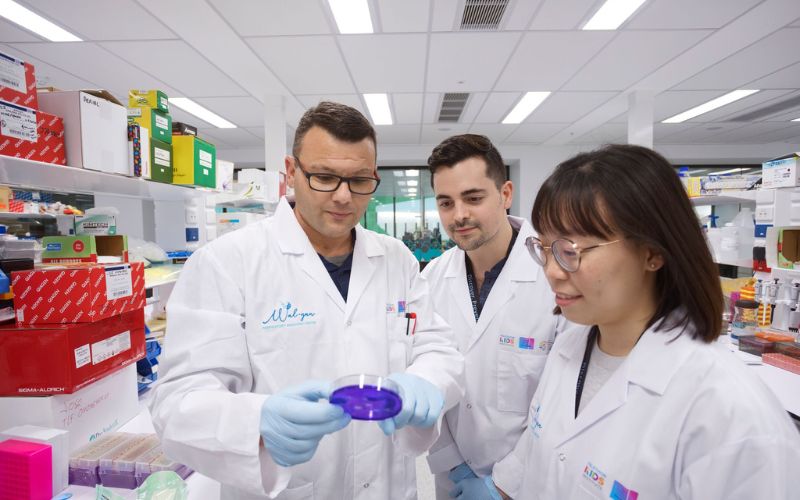
News & Events
Patients with antibiotic-resistant lung infections to receive promising phage therapy treatment as part of new trial led by The Kids Research Institute Australia Researcher Anthony KicicPatients with lung infections that are not responding to antibiotics will be treated with phage therapy as part of a translational trial program to be undertaken by world-recognised experts in this field.

News & Events
Wal-yan Centre welcomes new PhD scholarship awardeeThe Wal-yan Respiratory Research Centre this month welcomed new PhD scholarship awardee Yaqin Alziyadat, whose exciting research work will support the Centre’s vision to ensure all children have healthy lungs for life.

News & Events
Research to help identify which children will develop asthma and to design more specific asthma treatments supported by Federal Government fundingResearch focussed on identifying which children will develop asthma, and developing more specific asthma treatments, has been supported by the National Health and Medical Research Council’s (NHMRC) Ideas Grants announced by the Federal Government on 14 December 2022.
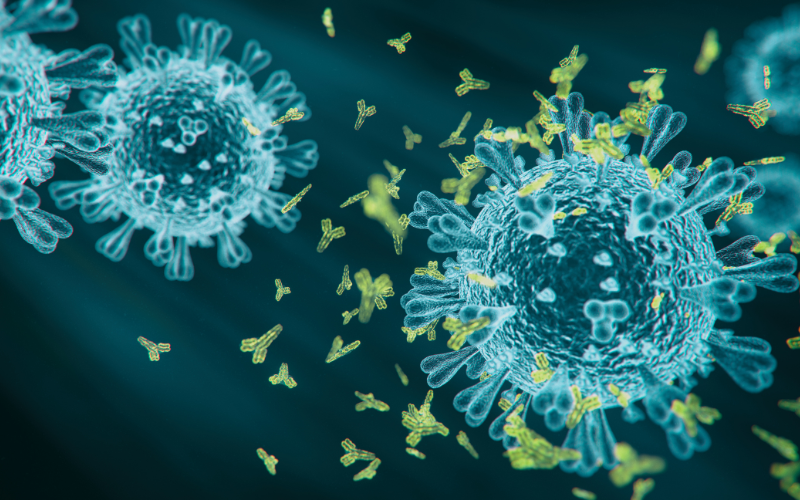
News & Events
International trial shows that interferon could help reduce the spread of COVID-19Results of an innovative clinical trial led by Perth researchers have shown that the drug interferon could help reduce the spread of COVID-19 from a positive person to their household contacts, with the study helping to inform treatment options for a future pandemic.

News & Events
Keelan has ‘survived and thrived’, thanks to researchTen-year-old Keelan Mullins is known to his mum Clare Hindle as her ‘miracle baby’. Keelan was born in March 2013 at 26 weeks’ gestation and weighing just 1096 grams.
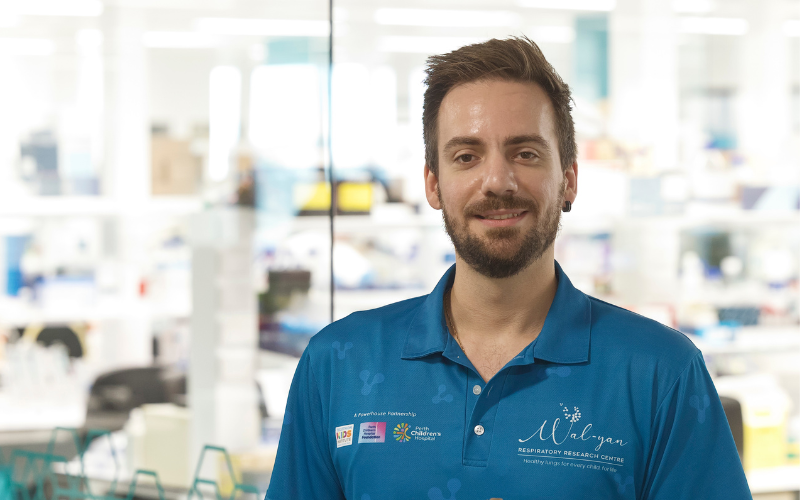
News & Events
The Wal-yan Respiratory Research Centre turns three!As the Wal-yan Respiratory Research Centre turns three, we celebrate our achievements, and say thank you to our amazing community.
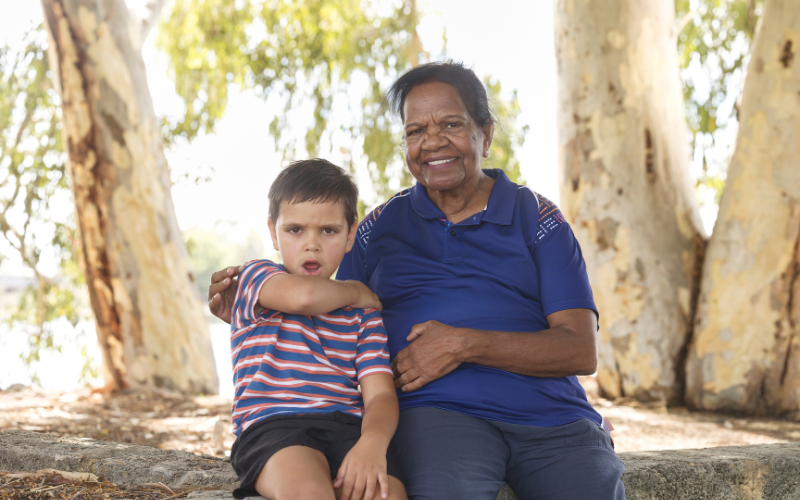
News & Events
Perth campaign aims to raise awareness of dangers of a chronic wet cough in Aboriginal childrenAn intensive health promotion campaign which aims to raise awareness of the dangers of a chronic wet cough in Aboriginal children launched this month in Perth.

News & Events
Research into chronic lung disease in Indigenous children and a novel RSV treatment boosted thanks to WACRF grantsWal-yan Respiratory Research Centre researchers will use almost $1.2 million in WA Child Research Fund grants to determine why Indigenous children develop bronchiectasis at such high rates after contracting bronchiolitis, and to test a promising novel treatment for respiratory syncytial virus (RSV).
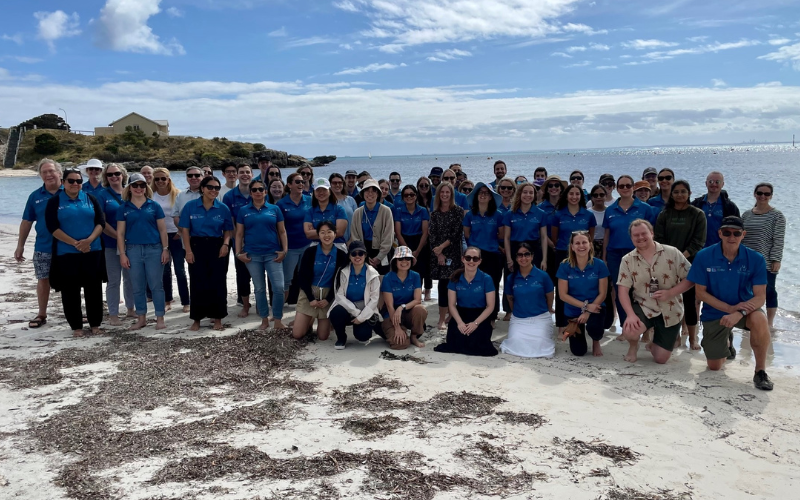
News & Events
Wal-yan Scientific Retreat: Fostering Collaborative ExcellenceThe Wal-yan Respiratory Research Centre's dedicated team members, along with special guests, embarked on a journey to Wadjemup (Rottnest Island) on 9 and 10 November.

The agenda of sessions for day two
